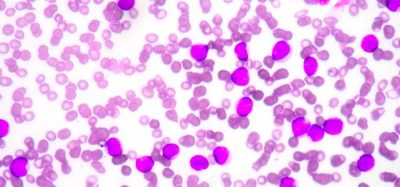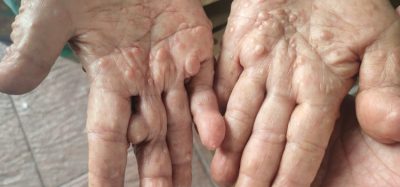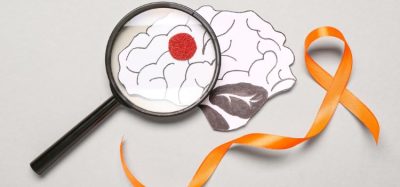NICE to work with GW Pharma on cannabidiol evaluation
Posted: 28 August 2019 | Rachael Harper (European Pharmaceutical Review) | No comments yet
NICE and GW Pharma will work together to address the issues highlighted in its evaluation of cannabidiol for treating two types of epilepsy.


The National Institute for Health and Care Excellence (NICE) has announced its intention to work with GW Pharma to address the issues highlighted by its independent appraisal committee in its evaluation of cannabidiol for treating two types of severe treatment-resistant epilepsy.
NICE’s draft guidance does not recommend Epidyolex made by GW Pharma, used with clobazam, for treating Dravet and Lennox-Gastaut syndromes, types of epilepsy which begin in early childhood and which are lifelong and difficult to control.
“Cannabidiol is a promising treatment for people with these types of epilepsies,” said Meindert Boysen, director of the Centre for Health Technology Evaluation at NICE. “Even though the committee accepted that the evidence shows that cannabidiol with clobazam reduces seizure frequency, its long-term efficacy is unknown and the committee was not convinced about the way the company had modelled the effect on people living longer or having a better quality of life.
Based on the evidence presented to it, the committee could not recommend cannabidiol with clobazam as an effective use of NHS resources.
“However, we are committed to working with the company to resolve the economic modelling issues identified by the committee and to help them understand what they may need to do to mitigate the cost of cannabidiol to the NHS.”
The committee noted that the clinical trial evidence shows that cannabidiol with clobazam reduces the number of the main types of seizures associated with these conditions, however, because the duration of the clinical trials was only 14 weeks, the longer-term effectiveness of cannabidiol with clobazam is uncertain.
The committee also had concerns about the economic models provided by the company. Importantly, they concluded that the models may not capture all aspects of severe treatment-resistant epilepsy that are important to people with these conditions and to their carers and families. For example, only the effects on health-related quality of life of reducing the number of main types of seizure are modelled and not the effects of reducing other types of seizures.
The next committee discussion is currently scheduled for 26 September with final guidance expected to be published in November.
Related topics
Cannabinoids, Drug Development, Industry Insight, Regulation & Legislation, Research & Development (R&D)
Related organisations
GW Pharmaceuticals, National Institute for Health and Care Excellence (NICE)









